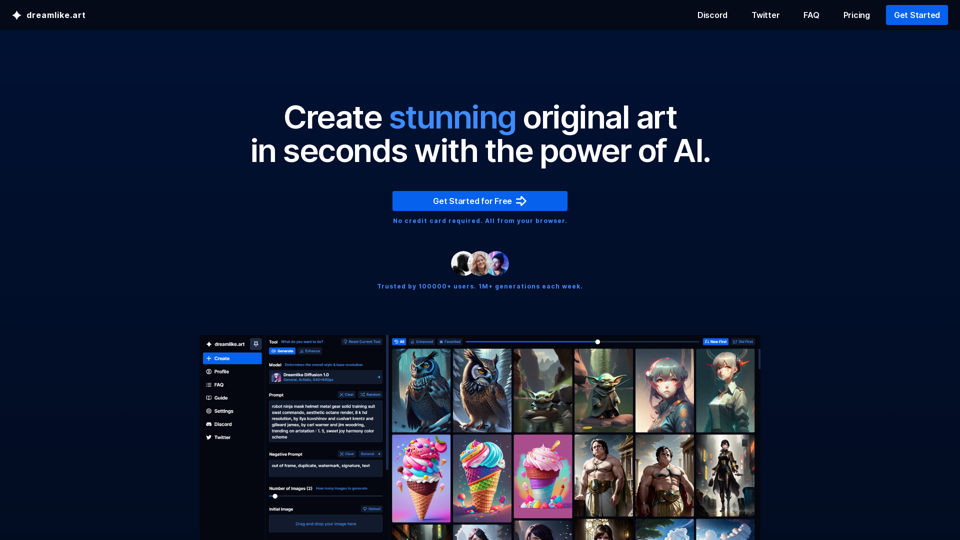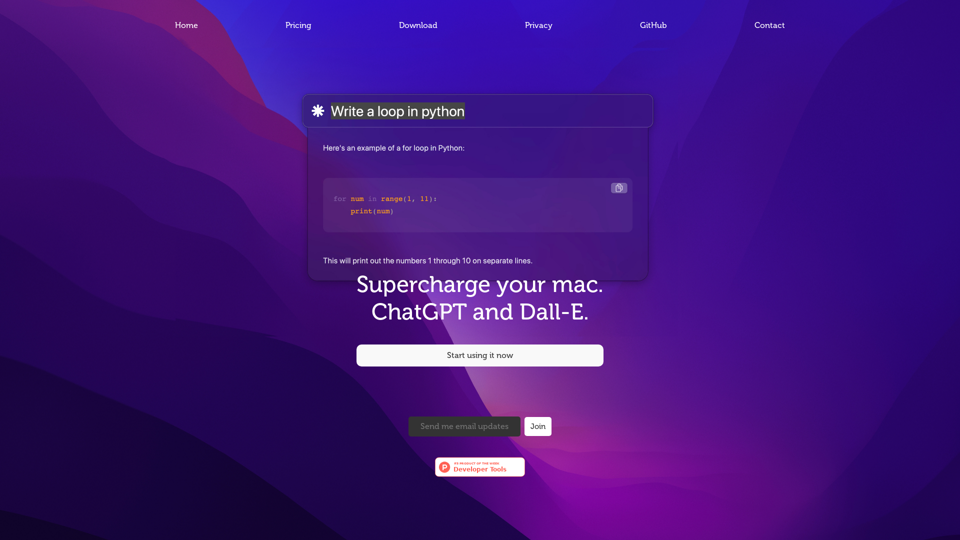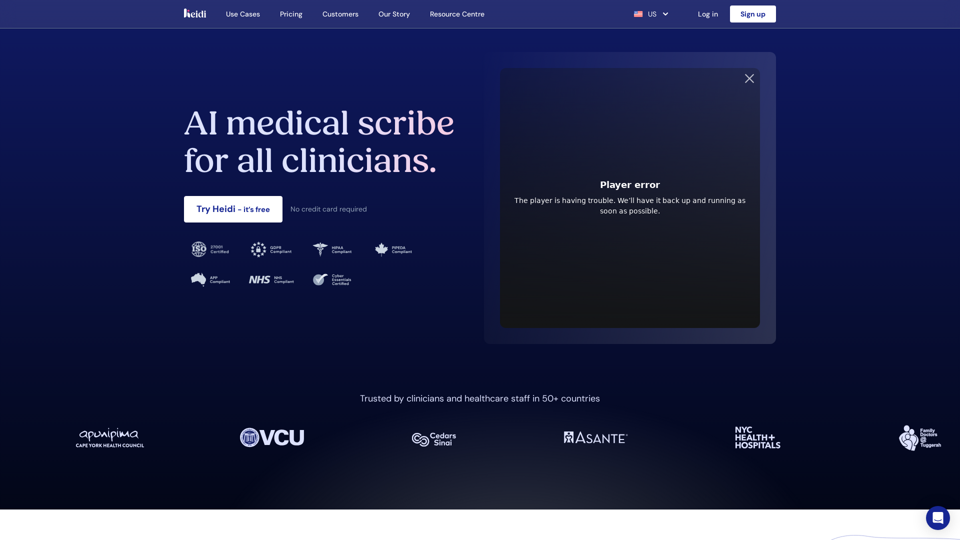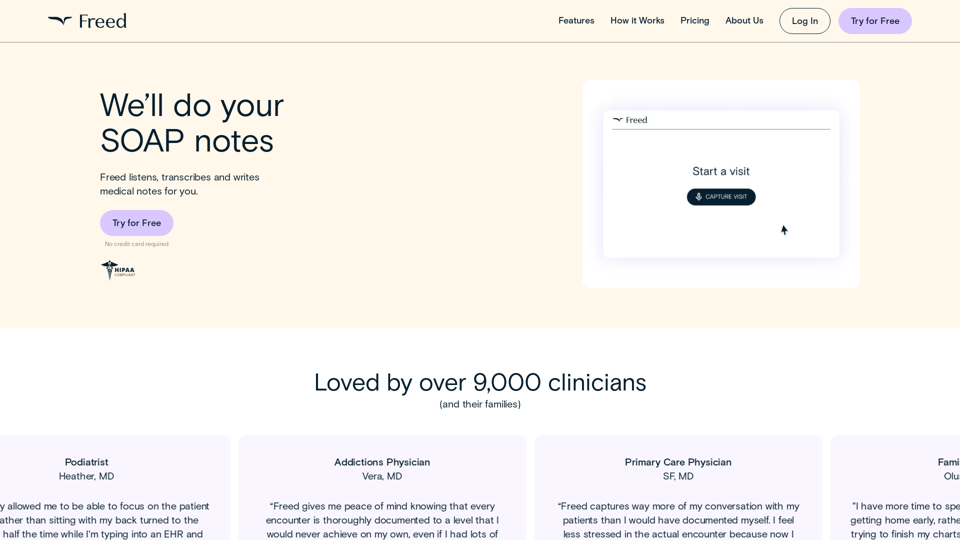What's AI in Healthcare
Artificial Intelligence (AI) in healthcare refers to the use of machine learning, natural language processing, and other AI technologies to enhance the experiences of healthcare professionals and patients. These technologies enable health professionals to manage resources better and adopt a proactive approach to healthcare.
Key AI Technologies in Healthcare
- Machine Learning: Analyzes vast amounts of data to identify patterns and predict outcomes.
- Natural Language Processing (NLP): Interprets and generates human language for applications like clinical documentation.
- Deep Learning: Used for tasks such as image and speech recognition.
Benefits of AI in Healthcare
AI offers numerous advantages, transforming various aspects of healthcare delivery and administration.
Diagnostic Accuracy
- Enhanced Precision: AI algorithms analyze medical images, improving early and accurate diagnosis of diseases like cancer.
Administrative Efficiency
- Streamlined Processes: Automates tasks such as appointment scheduling and claims processing, reducing operational costs.
Personalized Treatment
- Tailored Care: Utilizes patient data to create individualized treatment plans, enhancing patient outcomes.
Drug Discovery
- Accelerated Development: AI expedites drug discovery by analyzing data to identify potential drug candidates and predict their effectiveness.
Patient Engagement
- Improved Interaction: AI applications provide personalized care recommendations and educational content, enhancing patient involvement in their health.
How to Use AI in Healthcare
Integrating AI into healthcare involves several applications that optimize both clinical and administrative functions.
Clinical Applications
- Diagnosis and Treatment: AI assists in diagnosing conditions and recommending treatment plans by analyzing clinical data.
- Remote Monitoring: AI-powered devices enable continuous patient monitoring, improving care accessibility.
Administrative Applications
- Data Management: AI handles large volumes of health data, ensuring quick access to relevant information.
- Robotic Process Automation (RPA): Automates administrative workflows, improving efficiency and reducing errors.
Challenges of AI in Healthcare
Despite its benefits, AI in healthcare faces several challenges that need to be addressed.
Data Privacy and Security
- Sensitive Information: AI systems generate and handle vast amounts of patient data, posing risks of data breaches.
Bias and Fairness
- Training Data Concerns: AI systems may exhibit bias if trained on unrepresentative data, leading to unequal treatment.
Integration and Adoption
- System Compatibility: Integrating AI with existing healthcare systems can be challenging due to interoperability issues.
Ethical and Legal Challenges
- Regulatory Compliance: Navigating complex legal frameworks and maintaining ethical standards are crucial for AI implementation.
In conclusion, while AI in healthcare offers transformative benefits, addressing its challenges is essential for realizing its full potential. As technology advances, the integration of AI into everyday clinical practice will likely become more seamless, enhancing healthcare delivery and patient outcomes.






